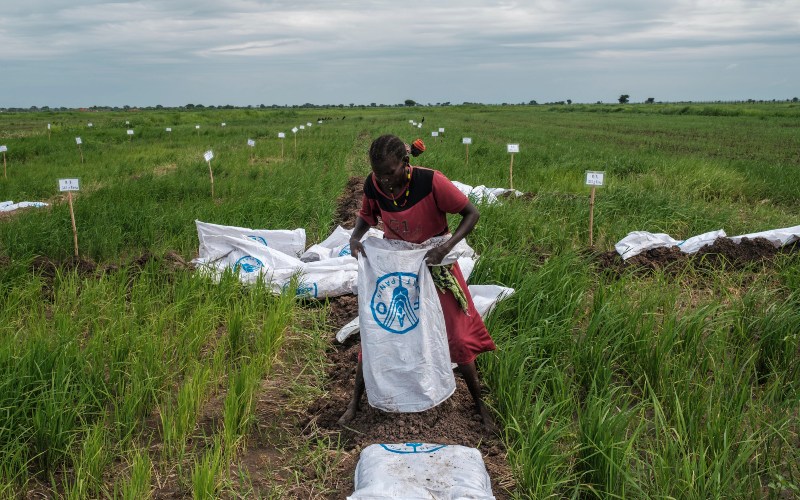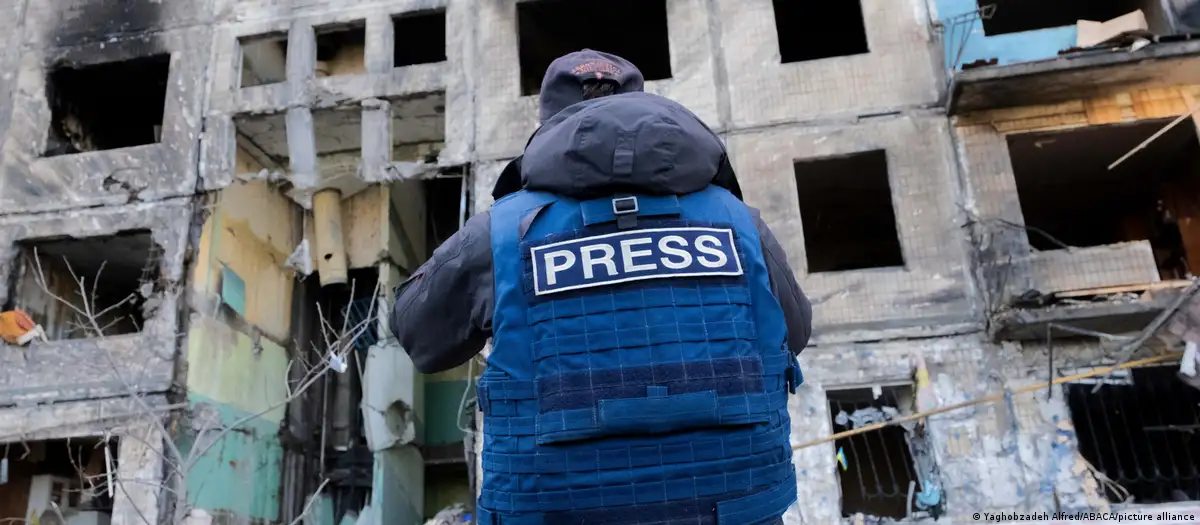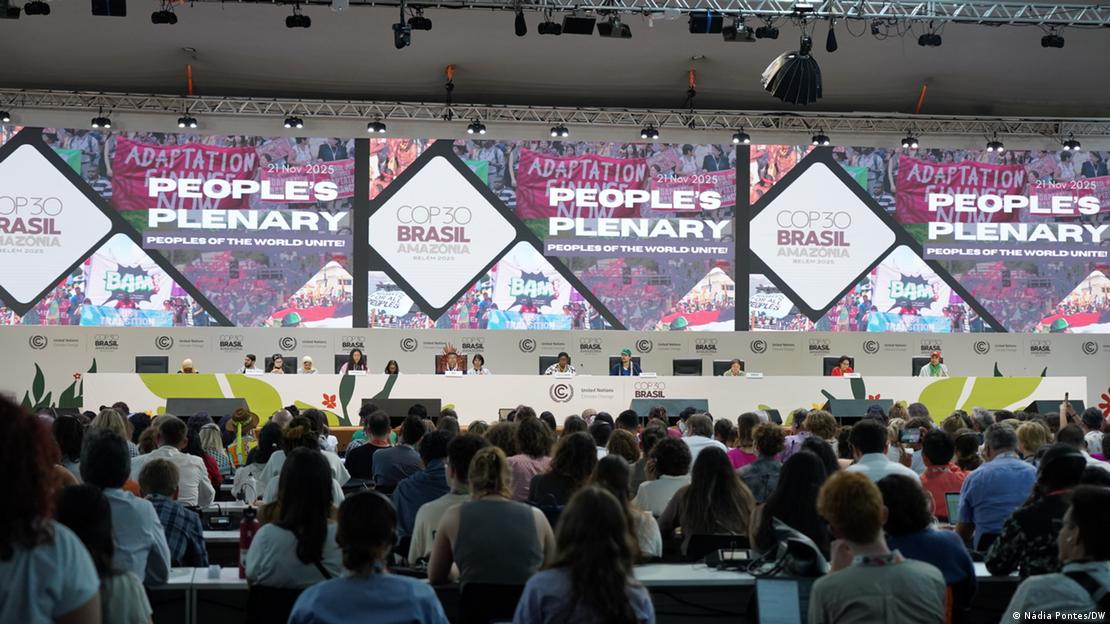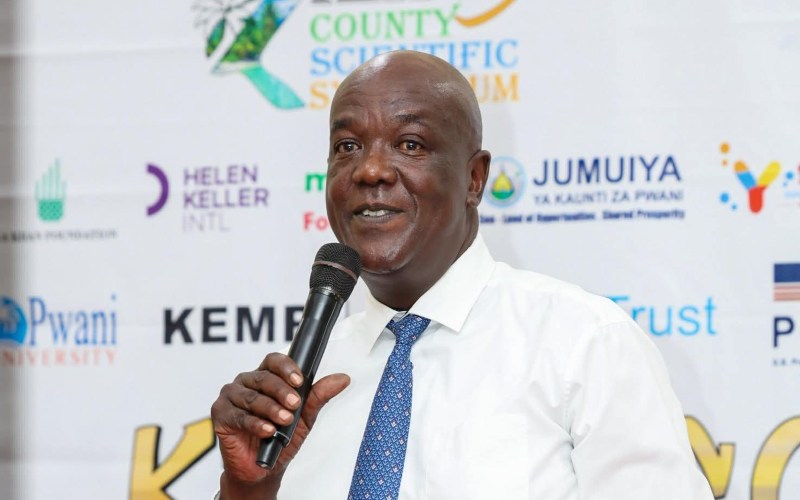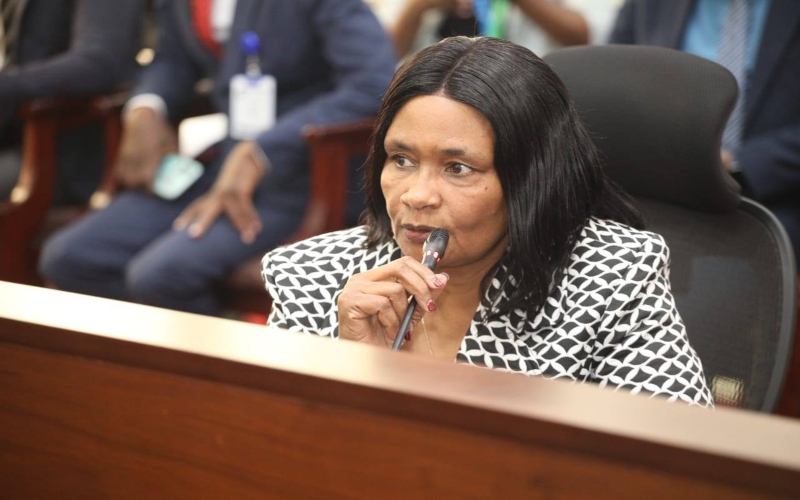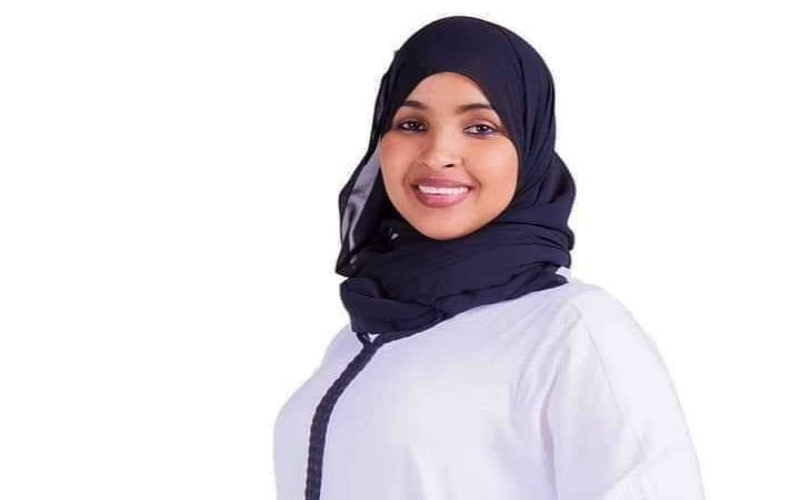Wajir leaders sound alarm on FGM crisis, call for cultural shift to protect girls
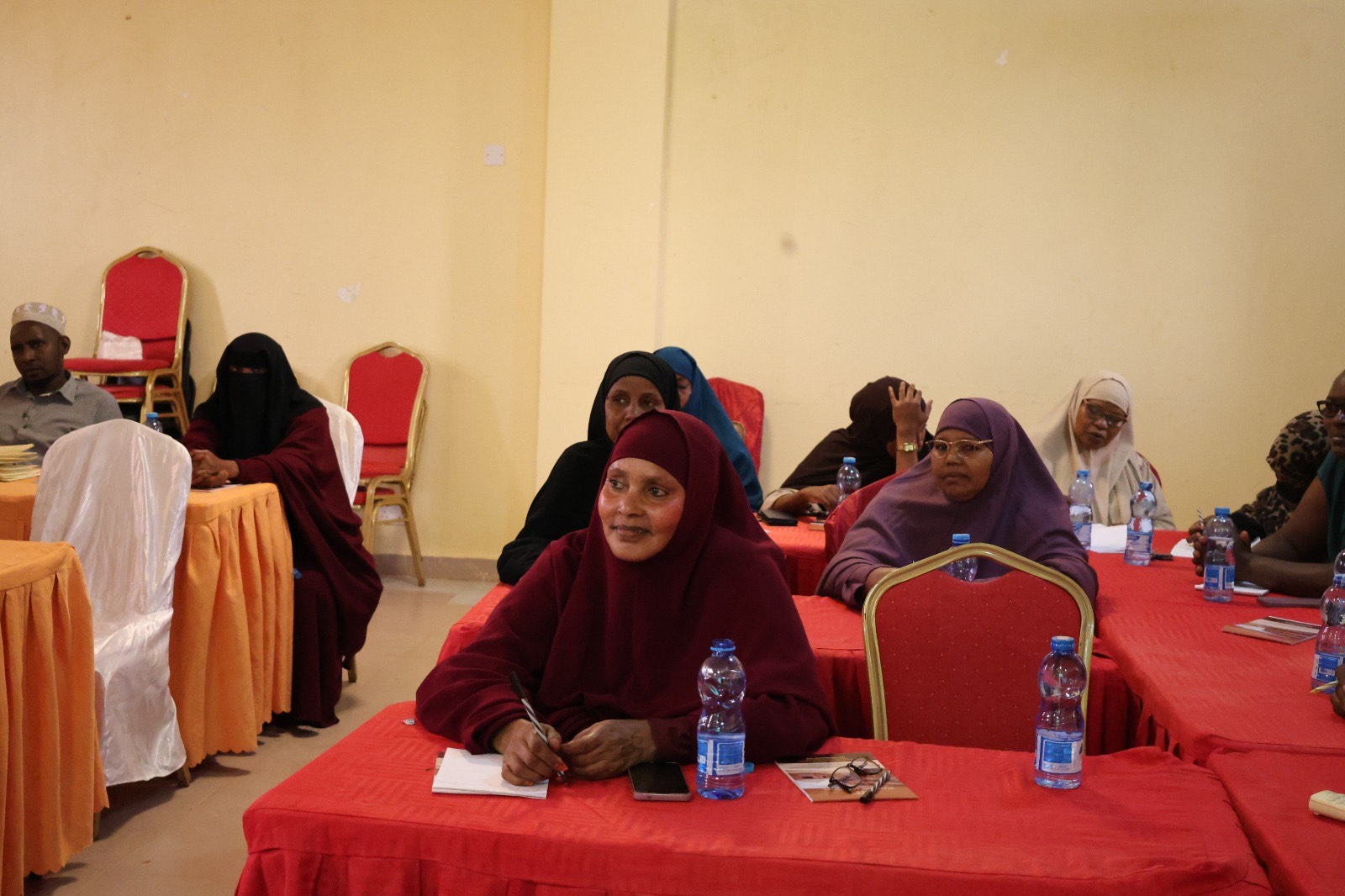
The KNCHR-led forum concluded with a resounding message that ending FGM and other harmful practices demands more than laws. It requires shifting mindsets, empowering communities, and sustained collaboration at every level.
The Kenyan National Commission on Human Rights (KNCHR) convened a high-stakes meeting in Wajir aimed at tackling the persistent threat of Female Genital Mutilation (FGM), gender-based violence (GBV), and child marriage—harmful practices still deeply entrenched in the region's cultural fabric.
The session brought together key players, including officials from the Wajir County Government, civil society organisations, religious leaders, and grassroots community representatives. Their mission of the session was to identify training gaps and craft culturally sensitive strategies to protect women and girls.
More To Read
- Parliament to debate Bill ending private settlements in SGBV cases
- KNCHR says Kenyans still locked out of healthcare despite Sh138 billion SHA boost
- KNCHR report casts doubt on Kenya’s commitment to refugee protection
- KNCHR raises alarm as over 100 femicide cases recorded in three months
- 16 days of activism: Strengthening protection against gender-based violence
- Violence against women and children is deeply connected. Three ways to break the patterns
Discussions laid bare the stark reality that patriarchal norms and misinterpreted religious teachings continue to fuel FGM and other retrogressive practices. Wajir remains a hotspot, with a staggering FGM prevalence rate of 97.2 per cent, among the highest in Kenya.
"This is a crisis. Despite legal prohibitions and years of advocacy, FGM continues largely due to societal pressure and misbeliefs that it is religiously sanctioned," said Fatuma Yussuf Abdullahi, Chairperson of the Wajir County Civil Society Consortium.
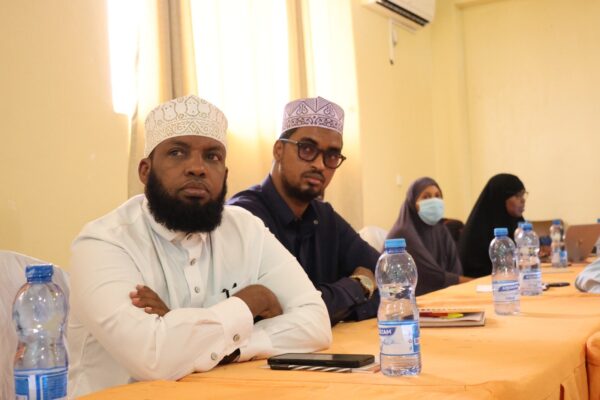 Participants of a high-stakes meeting held in Wajir to tackle the persistent threats of Female Genital Mutilation (FGM). (Issa Hussein)
Participants of a high-stakes meeting held in Wajir to tackle the persistent threats of Female Genital Mutilation (FGM). (Issa Hussein)
She highlighted that the most common form in the county is Type III FGM (infibulation), the most severe and dangerous. "It leads to childbirth complications, infections, and lifelong psychological trauma. This is not a rite of passage—it's a violation," she said.
Fatuma made a passionate plea to all community stakeholders. "Religious leaders, elders, women's groups, and youth—we must unite. Let's invest in education, protect our girls, and support families who say no to FGM. Only then can Wajir be a county where every girl grows up safe, healthy, and with her rights intact."
Her call was echoed by Ubah Adan, Director of Gender and Social Services in Wajir, who reiterated the urgent need for systemic change.
"FGM is still normalised here, especially within the Somali community. But no culture should override the health and dignity of our daughters," she said.
The KNCHR-led forum concluded with a resounding message that ending FGM and other harmful practices demands more than laws. It requires shifting mindsets, empowering communities, and sustained collaboration at every level.
As Kenya continues its fight against gender-based violence, Wajir's struggle stands as both a warning and a call to action for justice, for health, and for the rights of every girl.
Top Stories Today


